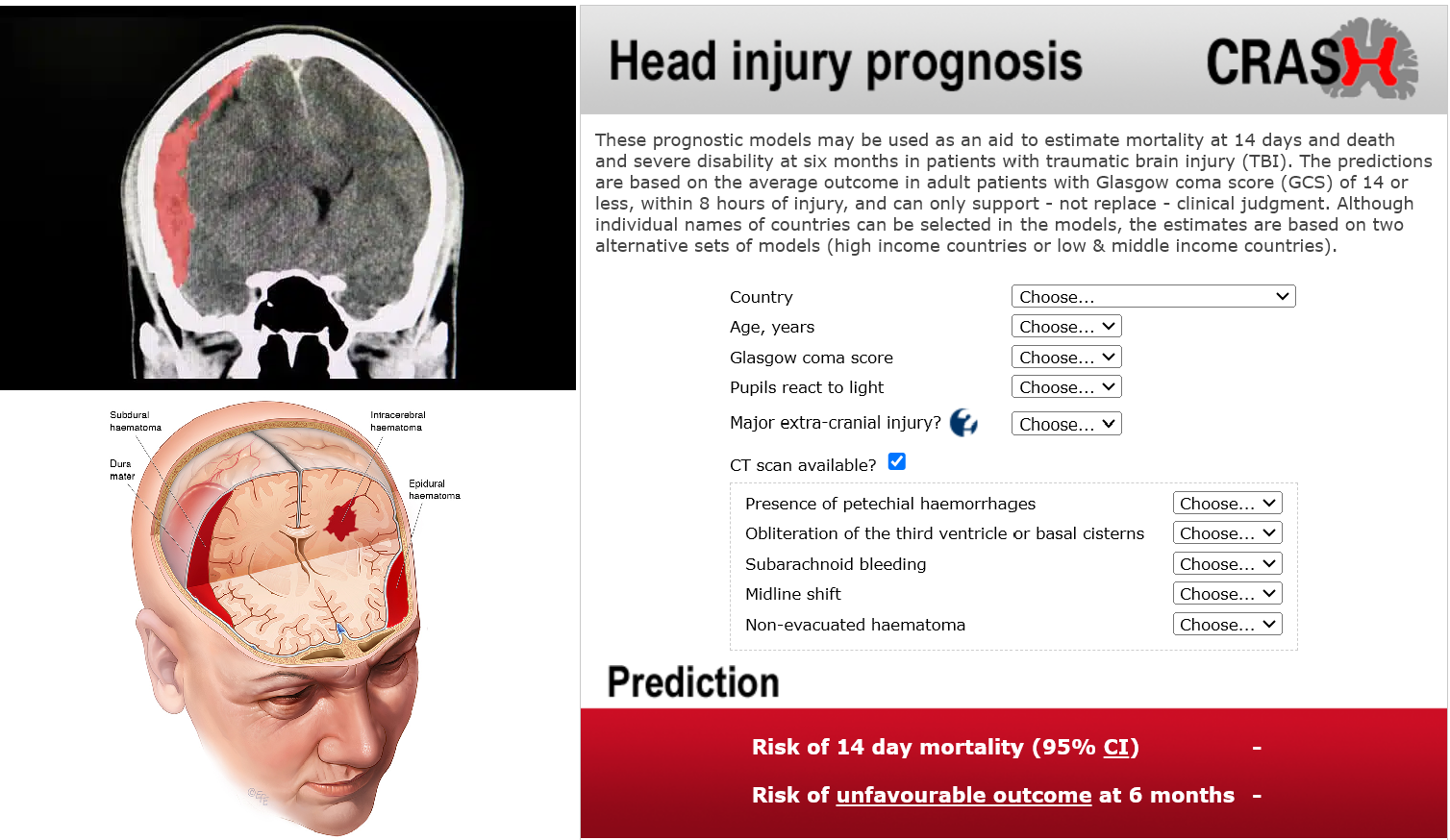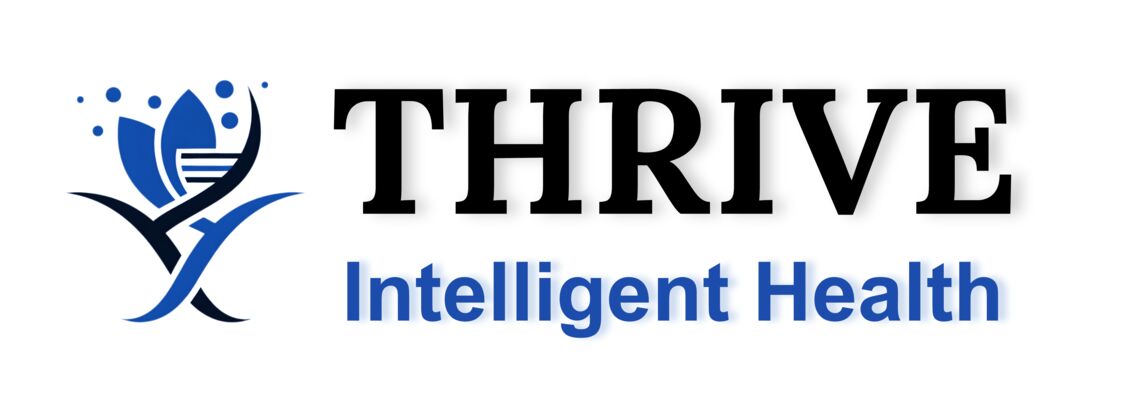Supervisory Team
- Nasim Dadashi Serej, Lecturer in Artificial Intelligence, UWL
- Massoud Zolgharni, Professor of Computer Vision, UWL
Clinical Collaborators
Existing Work
For more information about our existing work, please visit:
- Prognosis prediction in traumatic brain injury patients using machine learning algorithms
- Machine learning-based models to predict the need for neurosurgical intervention after moderate traumatic brain injury
Lay Summary
Severe traumatic brain injury (TBI) is a critical condition where predicting patient outcomes is challenging.
This study aims to develop a tool that could help doctors make better predictions about how a patient with TBI will recover. To this end, we will use deep learning to analyse CT scans of the brain and combine this information with basic clinical data like age, sex, and the severity of the injury.
This tool could potentially be used in emergency rooms to quickly and accurately assess a patient’s prognosis, helping doctors make informed decisions about treatment and care.
Proposed PhD Project
Background
Traumatic brain injury (TBI) presents complex challenges in clinical management, necessitating accurate prognostic tools to guide treatment decisions and optimise patient outcomes.
Accurate outcome prediction is crucial in TBI management as it helps clinicians determine appropriate treatment strategies, estimate prognosis, and set realistic expectations for patients and their families.
The complexity and heterogeneity of TBI cases require sophisticated prognostic models that can integrate various clinical and imaging data to provide reliable predictions. Hence, the development of a TBI calculator is essential to standardise prognostic assessment and improve clinical decision-making in TBI care.
Research Gap

There is a critical need for a TBI prediction model that:
- Integrates CT imaging to maximise accuracy
- Adapts to diverse patient cohorts through continuous learning
- Offers a user-friendly, secure interface
Unlike existing calculators that require manual input, this proposal advocates for providing the entire CT scan to the model, enabling autonomous feature extraction and analysis.
This approach streamlines the process and enhances prognostic power. Current models lack this level of imaging integration and adaptability.
Research Hypothesis
By integrating imaging data from CT scans and incorporating mechanisms for local adaptation, we hypothesise that we can significantly enhance the accuracy and clinical relevance of TBI prognostic models, leading to improved patient outcomes.
Aim
Our vision is to develop an AI framework that leverages both CT imaging and clinical data for accurate TBI outcome prediction.
This framework will:
- Be delivered through a user-friendly desktop application
- Allow clinicians to input patient data and receive real-time predictions
- Support local adaptation through retraining with site-specific data
- Be rigorously validated on diverse datasets
Plan
- Aggregate a large, diverse dataset of TBI cases (clinical + CT imaging)
- Develop advanced machine learning models (deep learning) for feature extraction and outcome prediction
- Build a desktop application for secure input, image handling, and predictions
- Enable privacy-preserving data export for global collaborative refinement
- Validate model performance against existing tools
- Use transfer learning to support local retraining for hospital-specific needs
Candidate Profile
We are seeking highly motivated candidates with a strong background in:
- Computer Science, Machine Learning, or related fields
- Strong programming skills
- Analytical and problem-solving abilities
- Communication and collaboration skills
Further Information
This PhD position offers:
- Supportive research environment
- Access to state-of-the-art facilities
- Collaboration with leading researchers
- Competitive stipend
- Conference and publication opportunities
Application Details
- Submit a detailed CV and a cover letter outlining research interests and motivation for pursuing a PhD
- Shortlisted candidates will be invited for interview
Expected start date: January, May, and September of each academic year
Duration: 3 years (full-time)
📩 For more information about the project, please contact the supervisory team.

